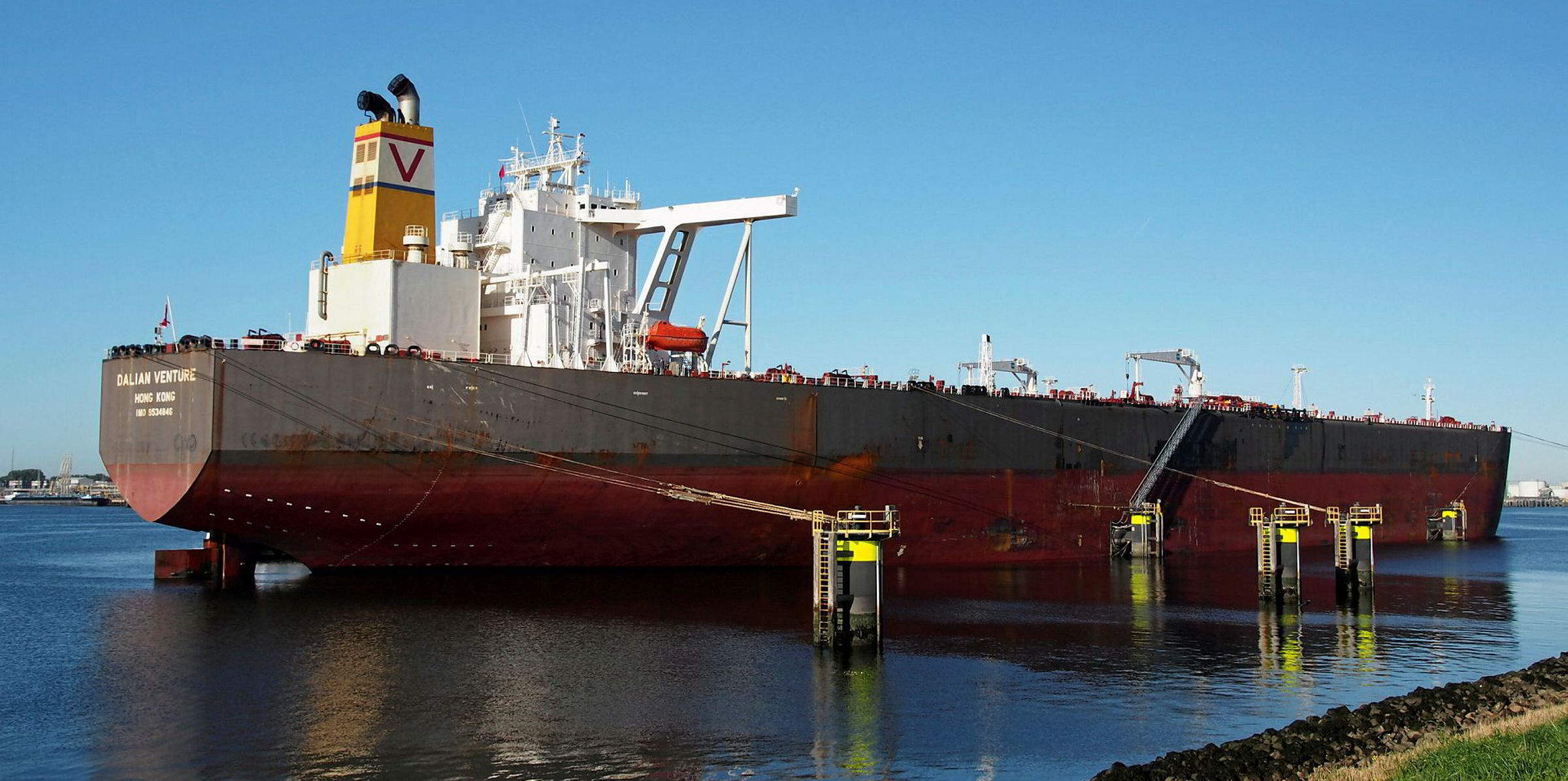Bimco is advising its shipowner members to tighten up charter contracts to deal with the implications of increasing the use of ships for long-term storage of oil.
It said tanker owners should take into consideration the impact of prolonged idle periods on engines, hull cleaning, crew provisioning and other matters.
The Denmark-based shipowners' organisation said storage is not new.
But the group added: "What's different with the current demand for storage is the huge number of ships being time chartered for floating storage purposes due to the collapse in oil prices, partly as a result of Covid-19."
Bimco has been receiving member enquiries about clauses and what additional wording should be added.
The organisation said a time-charter contract can easily be "repurposed" for storage requirements.
An indemnity by charterers will generally be implied against the consequences of owners complying with charterers’ orders.
Some contracts include a storage clause, but these are often very brief provisions simply conferring an option to use the ship as storage, which they could most likely do anyway without the need for additional wording, Bimco said.
Far-reaching implications
It added that most charters rely on other clauses that were not drawn up with storage use in mind.
"The implications for owners could therefore be far reaching," Bimco said. "In the present scenario, we may be looking at potentially very long periods during which ships will be used to store oil when anchored or drifting."
The first issue that will arise is who pays for hull cleaning.
Shipowners are usually held responsible but, if fouling occurs as a direct result of charterers’ orders for the ship to wait, then they should be responsible for the consequences, Bimco said.
This includes a suspension of owners’ performance warranties until the hull is clean, and the obligation to pay for the cleaning work.
Bimco recommends the use of its Hull Fouling Clause 2019.
Then there is the question of safe locations.
It advises owners to include its War Risks Clause for Time Charter Parties 2013 and the Piracy Clause for Time Charter Parties 2013.
The third consideration is the duration of storage and the impact that extended use may have on the condition of the cargo and the ship’s tanks, valves and pipework.
Insurance checks needed
Both parties should check with their respective insurers if additional insurance premiums may be required and which party should bear the cost, Bimco said.
"Owners are contractually obliged to care for the stored cargo, so it is important that the characteristics of the cargo are taken into account and the condition ... closely monitored, bearing in mind that oil products may degrade over time," the group said.
In terms of supplying the crew with food and water, owners could consider including a right to deviate the ship to the nearest location where these things can be done, while also considering how the costs should be allocated between the parties.
They should also review the time-charter description in relation to the potential technical impact of the low use of the ship’s engines.
Fixing a vessel on a trip charter or short period deal could help avoid disputes if the storage period is exceeded because there is no suitable market for the oil cargo.
A rate of hire for additional days or optional periods could be negotiated up front, Bimco advised.





